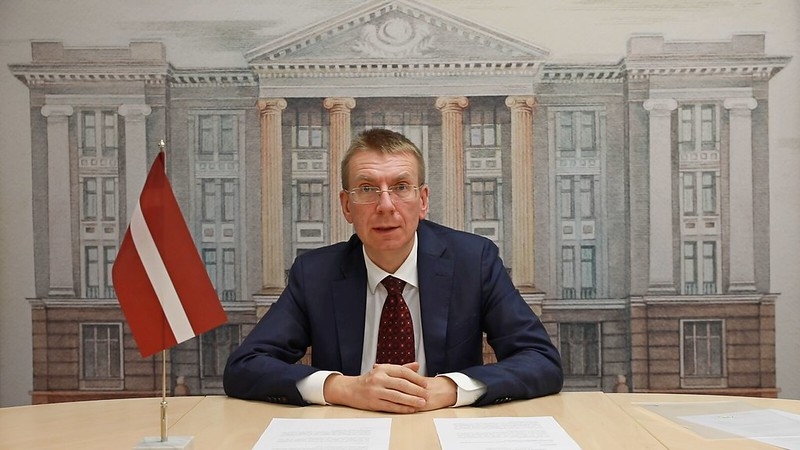On 16 November 2020, the Minister of Foreign Affairs, Edgars Rinkēvičs, took part online in the annual Ministerial to Advance Freedom of Religion or Belief hosted by Poland this year. The cross-cutting theme of the 2020 session – promoting the freedom of religion or belief during the pandemic.
The Foreign Minister urged the audience not to use the COVID-19 crisis as a smokescreen for spreading prejudice and discriminatory attitudes on the basis of religion or belief and he also noted that any restrictions to freedom of religion or belief must be set out in law, be appropriate and proportionate, and have a legitimate purpose.
Regardless of the threat paused by the pandemic, the protection of religious freedom, based on the International Covenant on Civil and Political Rights and the European Convention on Human Rights remains the cornerstone of the universal system of human rights, said the Minister.
Edgars Rinkēvičs noted in his remarks that Latvia has supported several human rights initiatives with the aim of strengthening religious freedom worldwide and eradicating persecution on the grounds of religion or belief. To reduce the negative impact of the pandemic on religious organisations at the national level, the government of Latvia has allocated special financial support for clergymen and the staff of religious associations.
Today’s discussion sends a clear message concerning Latvia’s strong commitment to the promotion of freedom of religion and belief for all, regardless of the challenges posed by the pandemic, the Minister noted at the conclusion of his remarks.
Background information
On 16-17 November, the Polish Foreign Minister, Zbigniew Rau, is convening the third Ministerial to Advance Freedom of Religion or Belief.
High-level representatives of states and multilateral organizations, civil society and religious leaders meet to discuss challenges to religious freedom and to identify the ways of eradicating religion-based persecution and discrimination, as well as to promote respect for freedom of religion worldwide.





